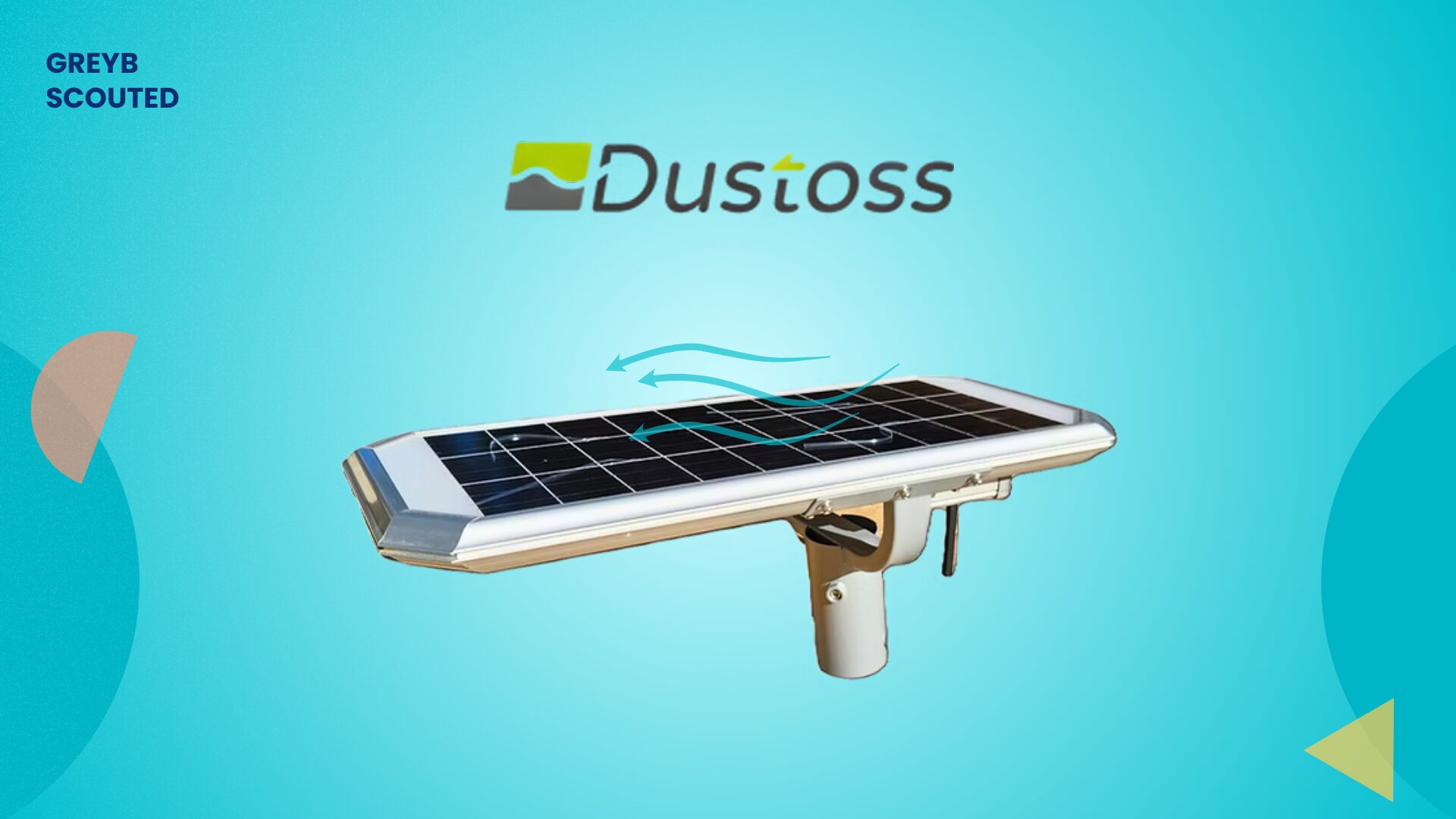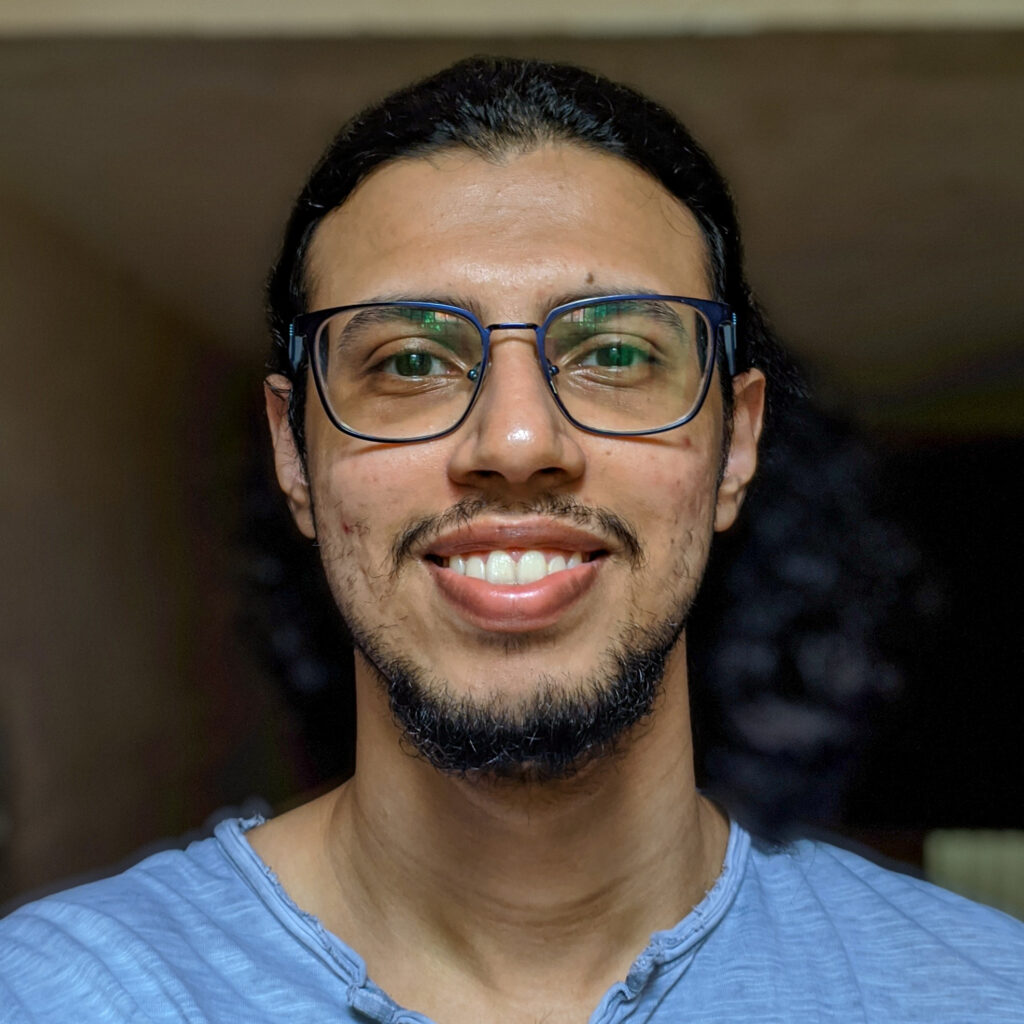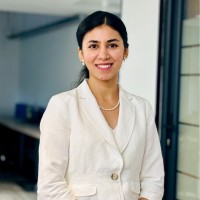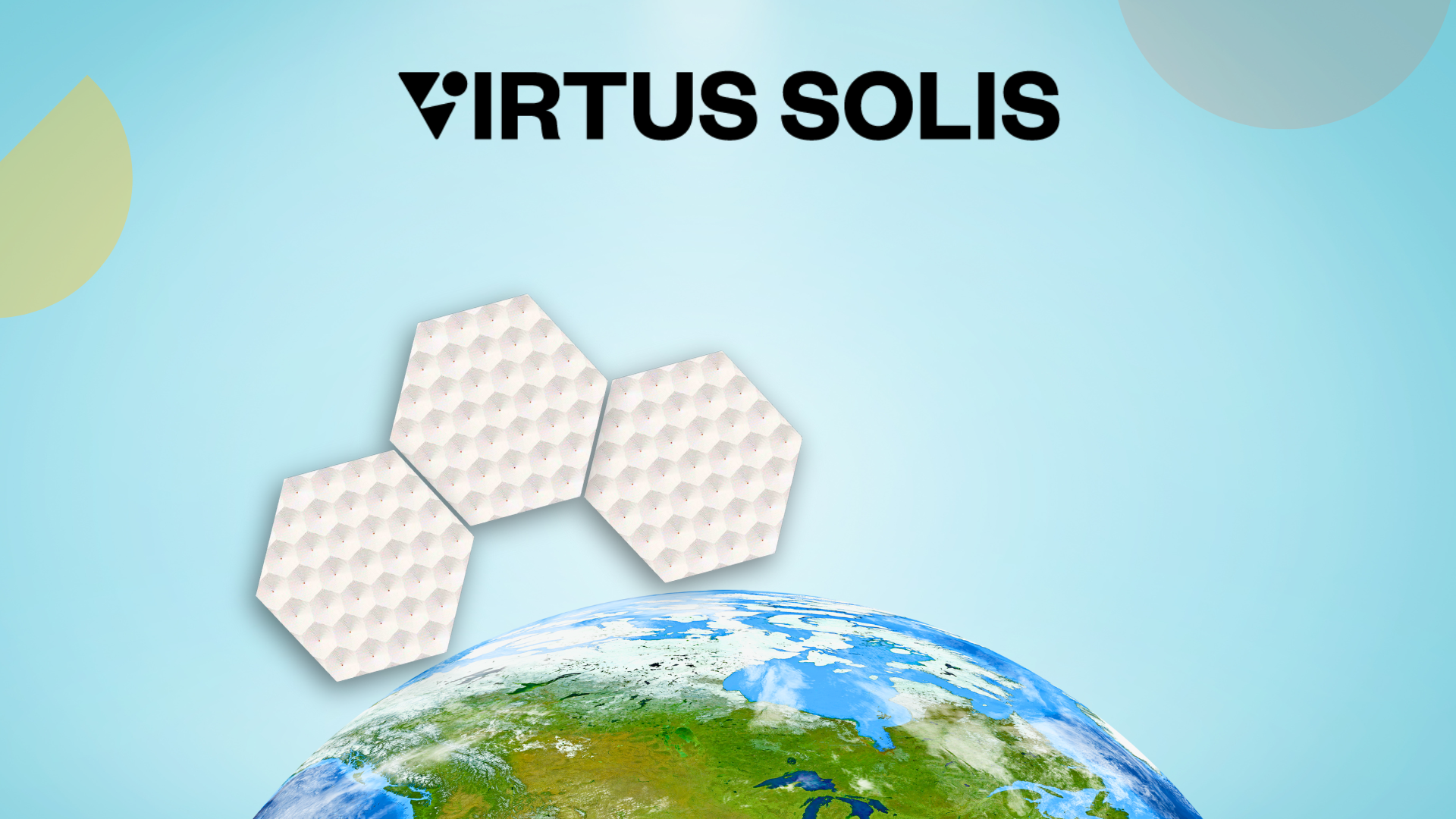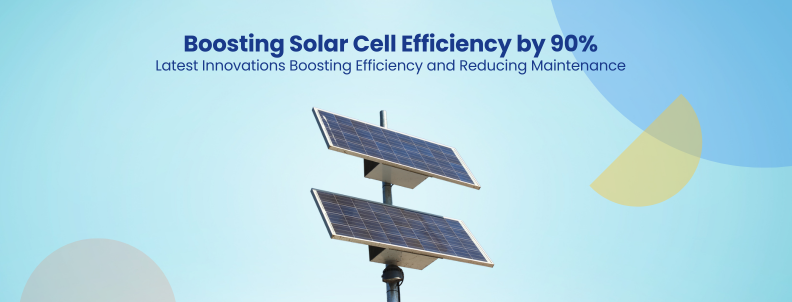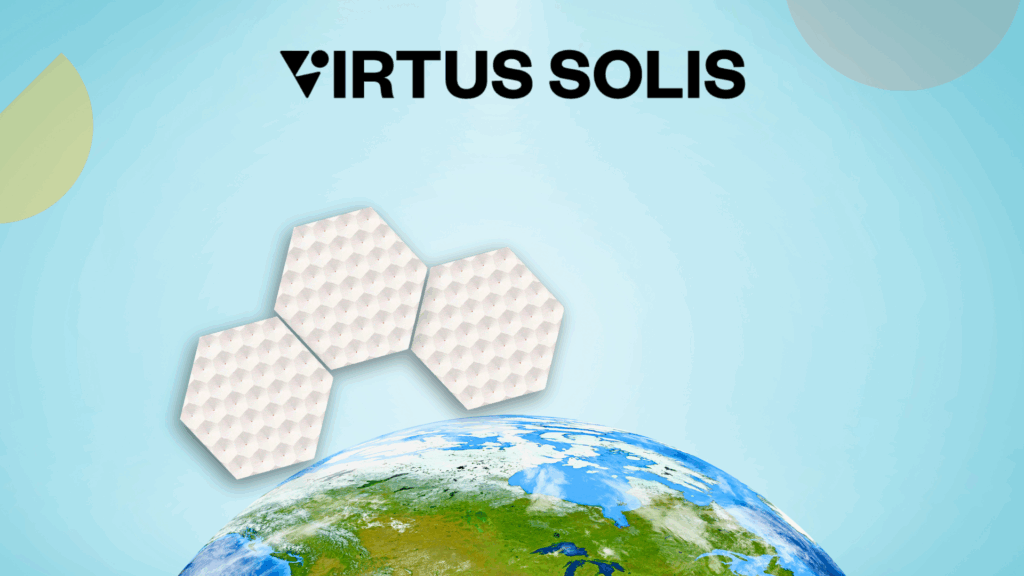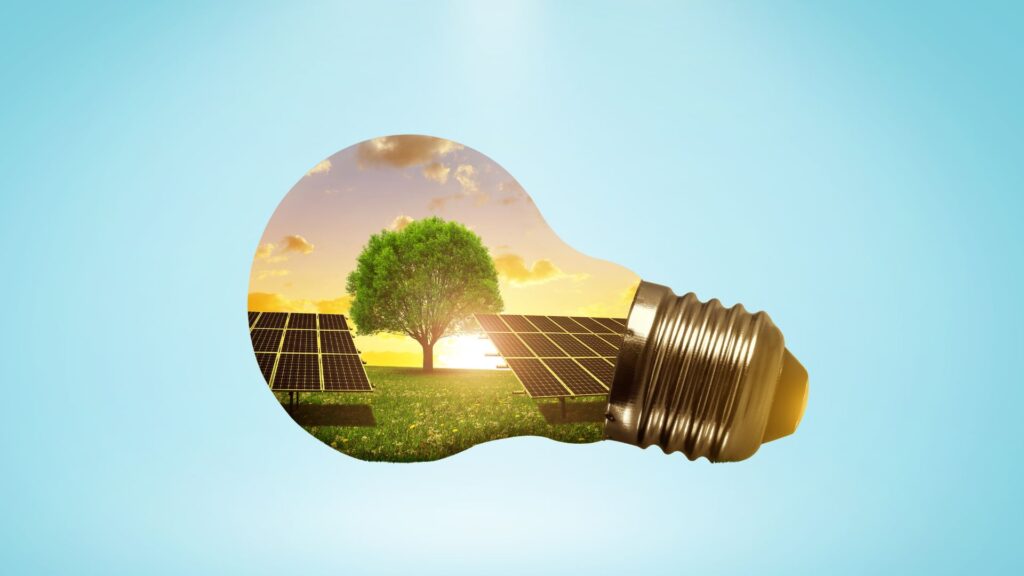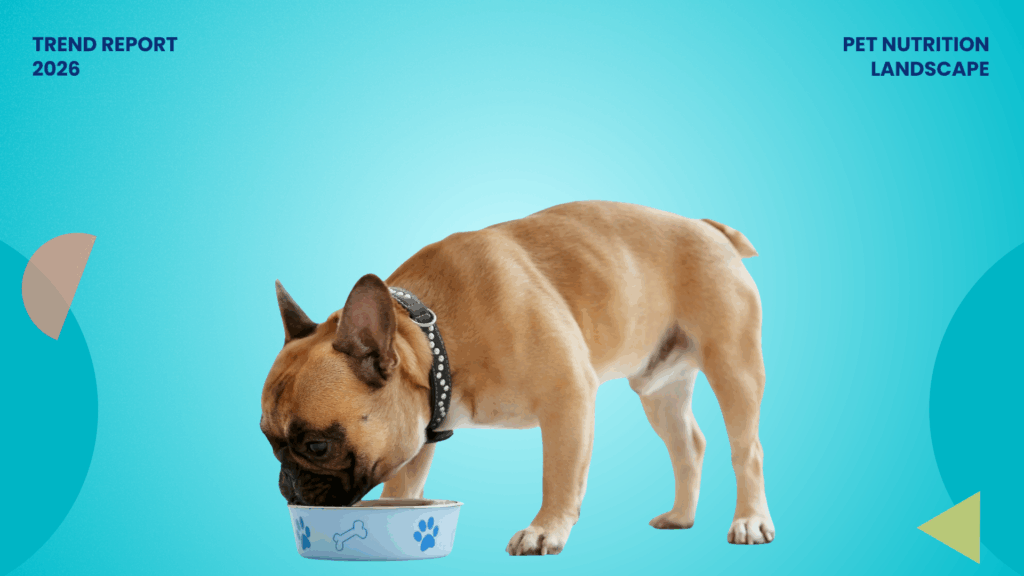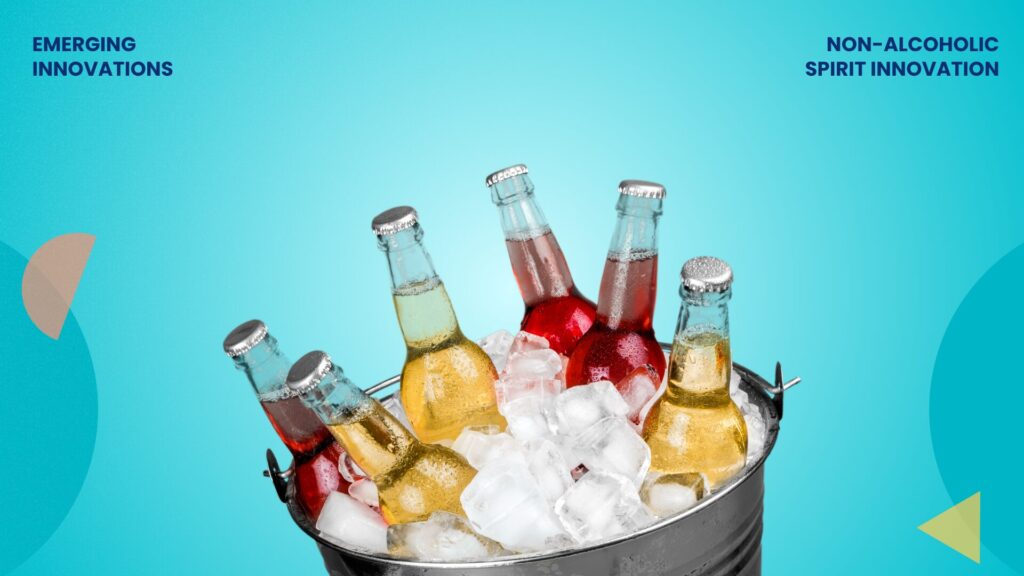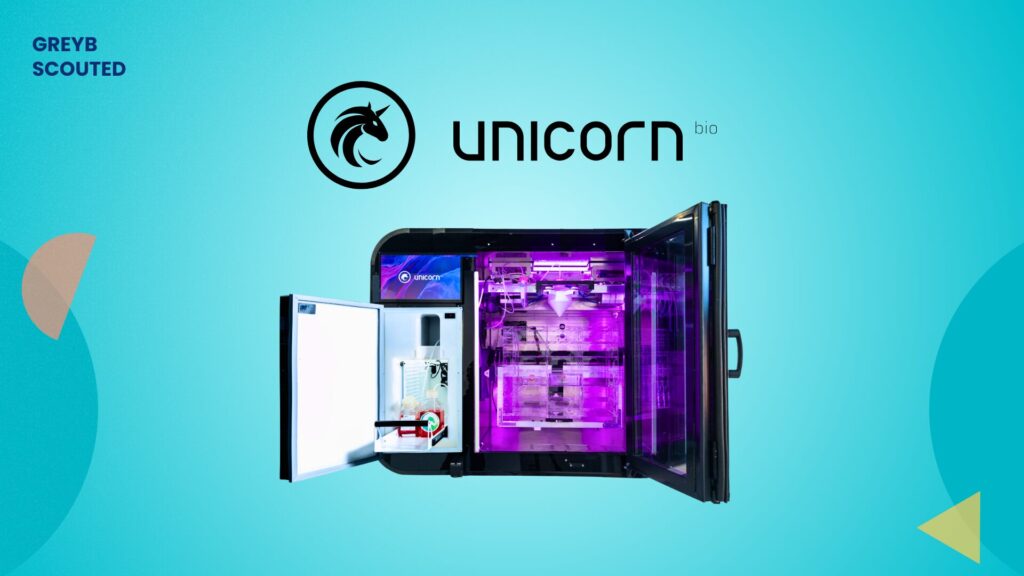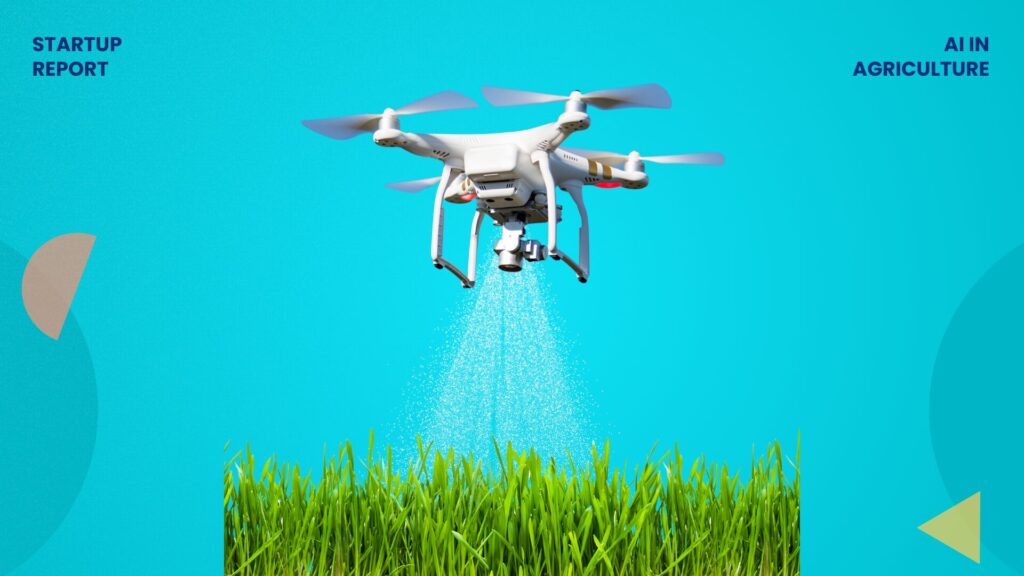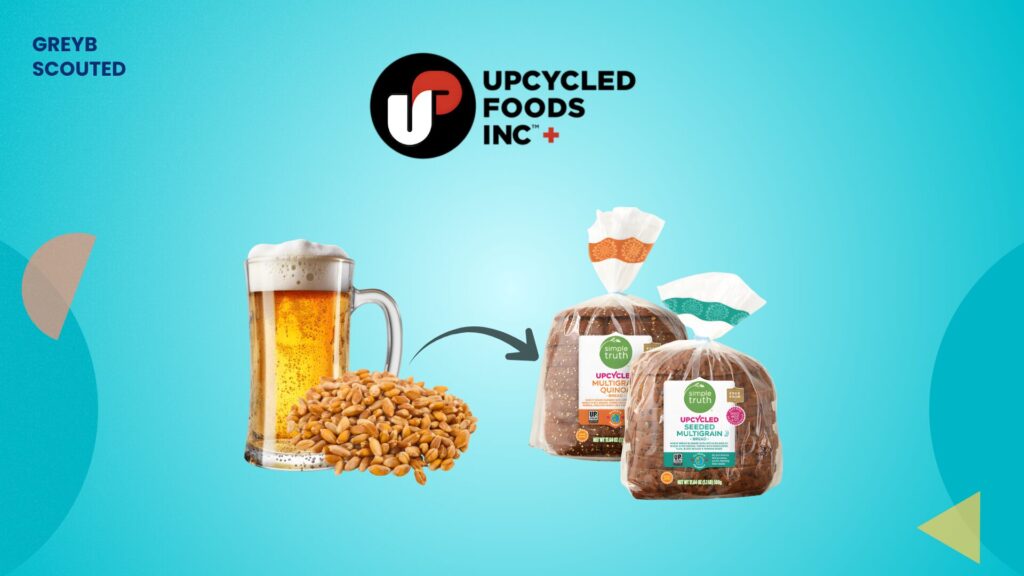One of the most persistent issues in solar energy is the loss of efficiency due to dirt and dust accumulation on solar panels. Dust buildup can decrease a solar panel’s output by 4–7%, especially in arid or dusty regions, such as deserts or tropical climates. Traditional cleaning methods, such as manual washing, use water and electricity, which adds operational costs and environmental impact. Moreover, frequent cleaning can cause wear and tear on the panels, reducing their overall lifespan.
Dustoss, a startup focused on innovative solar panel cleaning solutions, has introduced a wind-powered technology called “Wind Optimized PV.” This solution uses micro-thread elements attached to the panels that move in the wind to remove dust, without requiring water or electricity. The simplicity and sustainability of this solution provide a viable answer to the industry’s pressing need for cleaner, more efficient solar energy production.
To better understand how their design works, we spoke to Hadar Sefi and Yoel Sefi, founders of Dustoss. This article contains notable highlights from our entire conversation.
Also Read:
This interview is part of our exclusive Scouted By GreyB series. Here, we speak with the founders of innovative startups to understand how their solutions address critical industry challenges and help ensure compliance with industry and government regulations. (Know more about startups scouted by GreyB!)
“Even after a heavy rain, our solution keeps the panels cleaner, providing an advantage over traditional systems that leave dust behind.”

Hadar Sefi is the Co‑founder and CEO of Dustoss, the Israeli startup tackling solar panel dust problems with anti‑soiling technology. Since founding Dustoss in 2021, he has overseen product development, field testing across thousands of solar surfaces, and the company’s entry into global markets through distributor partnerships.

Yoel Sefi is the Co‑founder and Chief Technology Officer (CTO) of Dustoss. Yoel leads product development, applying his expertise in materials science, automation, and applied R&D to design systems that reduce dust accumulation on solar panels. His role is crucial because Dustoss’s technology depends on combining real‑world testing of thousands of solar surfaces with proprietary engineering methods to ensure reliability in harsh, dusty environments.
How This Startup’s 2% Efficiency Boost is Revolutionizing Solar Panel Maintenance
Dustoss is addressing the dust accumulation problem on solar panels, which leads to energy loss and increased maintenance costs. By using wind power to drive a self-cleaning mechanism, Dustoss has developed a unique, low-maintenance, and sustainable solution for solar energy systems worldwide. With their patented technology, Dustoss promises to improve energy output by reducing the need for manual cleaning while ensuring solar panels perform optimally across different climates.
How did you come up with the idea for Dustos?
Yoel: The idea came to me while driving on highways and noticing how clean the roads were, even though no one was actively cleaning them. It dawned on me that the tires of cars were kicking up dust, and the wind was blowing it away. From there, I thought, “Why not apply this principle to solar panels?” Solar panels need cleaning, so I figured out how to use wind and small elements to clean them without human intervention.
Can you explain a bit more about the technology behind Dustos?
Yoel: Sure! Our technology uses tiny micro-threads or strips placed on the surface of solar panels. When the wind blows, these strips move, gently sweeping the dust off the surface. It’s a very simple, effective mechanism. What makes it unique is that it doesn’t require any water or electricity, just the natural wind. We’ve tested it in various climates, and it has consistently delivered excellent results, maintaining the panel’s performance for longer.
What makes Dustoss stand out from other cleaning technologies in the market?
Yoel: Many companies are developing technologies such as drones and robotic systems, but these technologies can be expensive and require significant energy. Dustos, on the other hand, is cost-effective and straightforward. We’ve spent years refining the materials so they are durable and won’t degrade over time. Our solution increases the efficiency of solar panels without the need for complex machinery, and it works across different climates—whether in a dusty region or a more temperate one.
What challenges did you face in developing this technology?
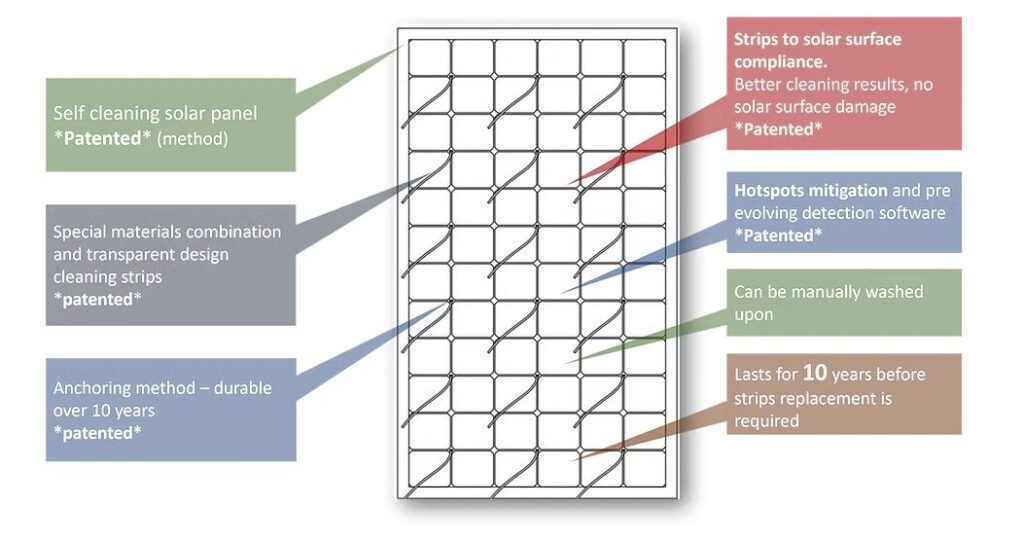
Yoel: Developing Dustoss wasn’t as simple as it seems. One of the biggest challenges was creating a material that would withstand harsh weather conditions (sun, UV radiation, and high winds) without deteriorating. We also had to ensure that it wouldn’t damage the panels themselves. After a lot of trial and error, we found the right materials: UV-resistant, flexible, and aerodynamic. We even had it tested by Fraunhofer to ensure it’s safe for solar panels, with no negative impact on efficiency or durability.
How does your solution perform compared to traditional cleaning methods?
Hadar: We’ve tested Dustoss against manual cleaning methods in Israel, where solar panels are washed five times a year. In those cases, Dustoss proved to be twice as efficient. Even when panels are cleaned manually, they still lose some energy efficiency due to dust accumulation in between cleanings. Our solution works 24/7 and requires no water, electricity, or labor to keep the panels cleaner for longer. This makes it not only cheaper but also far more sustainable than traditional methods.
What is your vision for Dustoss and the future of solar panel cleaning?
Yoel: Our vision is for Wind Optimized PV to become a standard in the solar industry. We believe this kind of dynamic coating should be standard on every solar panel. It’s inexpensive, just about 50 cents per panel, and offers a significant energy efficiency boost of 1–2%. Our goal is to make solar panel cleaning less of a hassle and more environmentally friendly. If we can make this technology the norm, it would have a massive impact on energy efficiency and the environment.
Are there any regions or markets where you see Dustoss having the most impact?
Hadar: Definitely. Places like India, with high dust levels, are ideal for this solution. There’s a huge opportunity in emerging markets where solar energy is rapidly expanding. India, in particular, is an interesting market because it’s quickly advancing in solar technology and faces many dust-related problems. Our solution could be a game-changer there, both in terms of cost-effectiveness and ease of adoption.
How do you plan to bring this technology to a broader audience?
Hadar: Right now, our focus is on finding the first manufacturer that will approve our technology. Once we have that, we plan to sell to manufacturers on a B2B basis, helping them incorporate it into their panels. Our goal is for Wind Optimized PV to be an industry standard. We believe that once one major player adopts it, others will follow suit. We’re also open to licensing our technology to accelerate its global reach.
What’s next for Dustoss in terms of expansion or future developments?
Yoel: We’re currently testing our technology with some of the largest solar companies in Europe. Our next steps involve scaling up production and automating the installation process. We also plan to continue testing our solutions in different climates to ensure they perform under various conditions. Ultimately, we want to make our technology accessible to solar panel manufacturers worldwide.
Meet our Interviewer – Raveena Singh, Senior Research Analyst at GreyB
Raveena Singh, Senior Research Anlayst
Want to find other scalable startups working on solar panel optimization? Please fill out the form below to contact our experts.
Get in touch
Please share your query below

